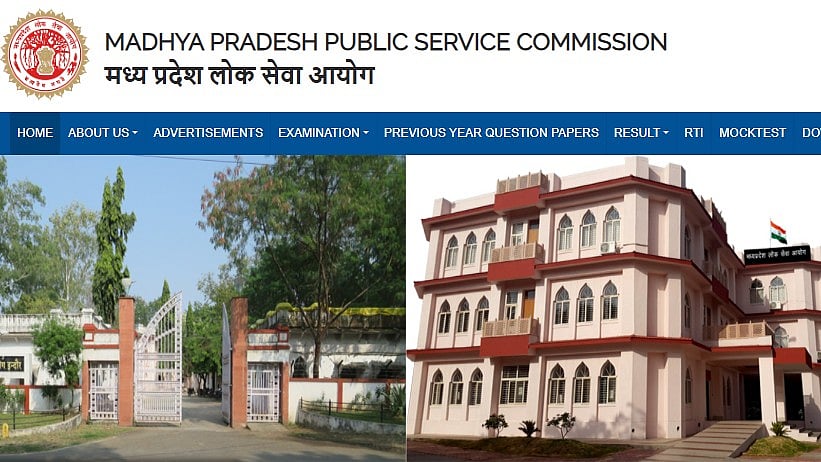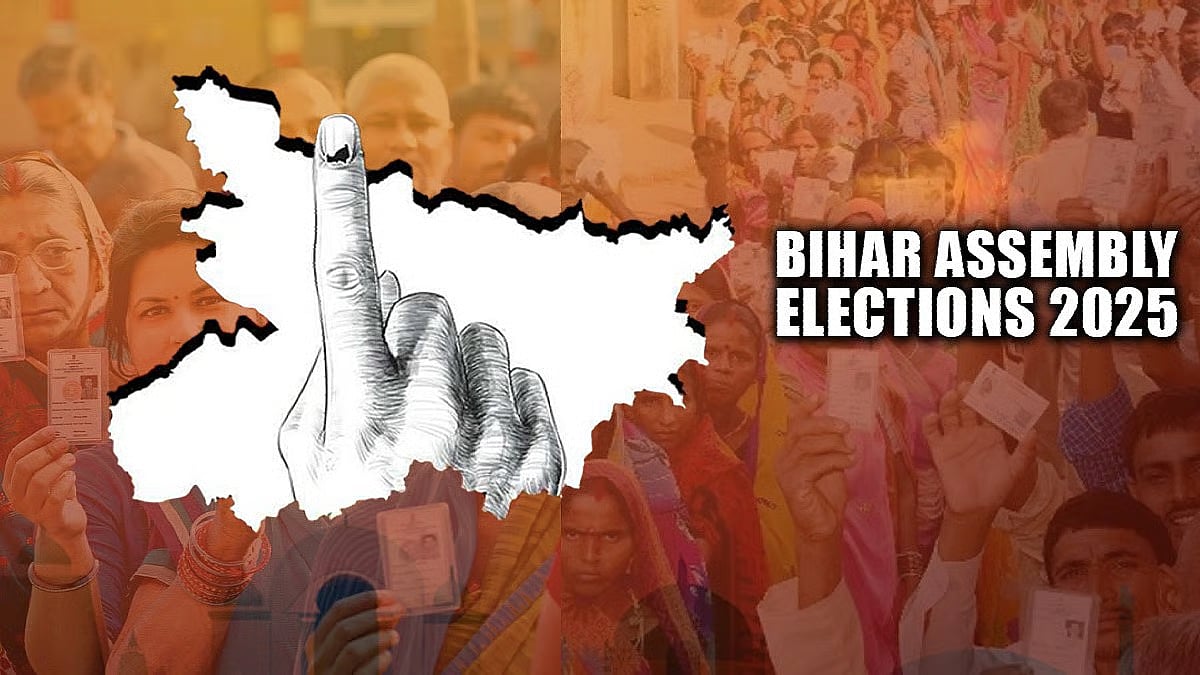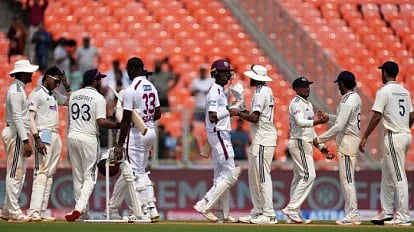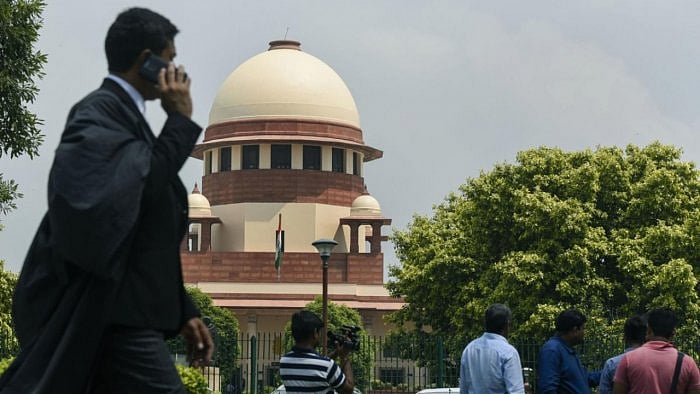Once upon a time a Prime Minister was ready to go to a TV studio for an interview. Today, a regular spokesperson thinks that is infra dig.
I confess to having been a huge Vir Sanghvi aficionado for a long time. I found his delightful non-dogmatic easy-going conversational-style of writing not just politically insightful but fun to read (those who belong to the punditocracy and pen columns are usually pompous and polemical). On television, he was no different; laconic, poker-faced, well-researched but non-threatening (the modern-day trademark is exasperatingly inquisitorial). In the process, he got his high-profile guests to do the talking, and most tied themselves up in inextricably tangled knots. It was apparent that he respected his guests and the objective was never to corner them for the sake of booming TRPs alone; they had to feel at home with him to speak their mind out. Muckraking was not his forte, in short. Every political conversation cannot be a bloodfest, after all.
When I met him to chat about his autobiography, A Rude Life, in Mumbai earlier this week, that charming conviviality showed. The book is an excellent exhibition of the kaleidoscopic temblors in Indian politics from the 1980s to date.
Turbulent times
A Rude Life is a smorgasbord of events in a journalist’s career concomitant with the most turbulent period in the world’s largest democracy. There is Bal Thackeray who is infuriated at being called ‘short-heighted’ by a punch-drunk Dom Moraes, leading to Shiv Sena thugs protesting violently. Former Prime Minister VP Singh comes across like a slippery rattlesnake whose calm visage camouflages a cunning man. In a jocular vein, Sanghvi says that if asked what day of the week it was and Singh answered Tuesday, then it was probably Friday.
Whether it is in annihilating superstar Amitabh Bachchan’s fledgling stint as member of Parliament, or destroying the Mr Clean image of his predecessor Rajiv Gandhi on the Bofors kickbacks, Singh comes across like evil reincarnate, whose brief tenure of 11 months was an unmitigated disaster. Rajiv’s reopening of the gates of Ayodhya (besides the Shah Bano case) for shilanyas and Singh’s opportunistic Mandal card on OBC reservations led to BJP’s communal polarisation programme that would bring the saffron party to power in 1998.
Insider details
A Rude Life has an outstanding anecdotal narrative that encompasses fascinating insider details on the famous struggle between Rajiv Gandhi and former President Zail Singh, the sub-par manipulations of PV Narasimha Rao, and the downhill disintegration of the grand old party of India, the Congress. To his credit, Vir addresses the controversial episode of Radia tapes head-on (the courts cleared him of the charges), appearing flummoxed by Vinod Mehta’s (editor of Outlook) stubbornness in not tendering him an unqualified apology. But as he confesses later, the right-wing social media barrage kept that stigmatising scandal alive. The repercussions on an individual’s reputation can be injurious.
But there is one extraordinary story in the book that probably highlights the changing face of Indian politics. Prime Minister IK Gujral, keen to showboat his economic policy mettle, insists on being on Vir’s popular TV show. But since it has multiple panellists and can be shot only on a studio set, Vir regrets his inability to accommodate an animated PM’s anodyne request. Guess what happens? PM Gujral agrees to drive down to the TV studio in Noida accompanied by his ‘dream budget’ manufacturer, Finance Minister P Chidambaram to do the shoot. The Prime Minister of India is open to also being part of a panel with other invited guests and face audience probing. When I read this I was stupefied. Pigs can fly, you know. Compare that to where we are today.
Privileged species
Even regular party spokespersons today feel that going to a broadcast studio is infra dig, accustomed as they are to TV crews meticulously setting up a proxy studio arrangement at home using OB (Outdoor Broadcast) vans. In India, politicians treat themselves as a privileged species. They like mainstream media to give them a repeated chase even for a 30-second sound byte. It is preposterous, as public figures must actually pro-actively engage with all media (electronic, print and online) to ensure wider distribution of their political messaging.
PM Narendra Modi has not given a single press conference in over seven years; it demonstrates the humongous contempt he has for India’s fourth estate. But then he has several sponsored cheerleaders in Big Media who do a great job canvassing for him. The BJP’s well-oiled IT cell of course is a past-master at legerdemain, spreading false news to create an impregnable publicity infrastructure. Strangely, like Modi, even one of the opposition’s principal faces, Rahul Gandhi, former Congress president, studiously boycotts the media.
If anyone should have filled the yawning gap of Modi’s absence on mainstream media, it should have been Rahul. But I am aware that he has some super-intelligent advisers who tell him to trash Big Media as totally expendable. It is a Greek tragedy of sorts, as the opposition pushback to a disastrous government hardly gets the amplification it needs. In a democracy, one must engage with even those who may be brazenly jaundiced against you, or have a different ideological affinity.
I know Vir Sanghvi’s book will see blockbuster sales, but the two persons who must read it the most are Modi and Rahul Gandhi.
The author is former spokesperson of the Congress party










